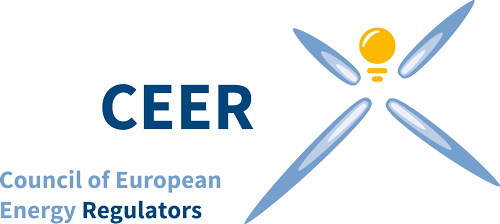COURSE ORGANISATION
Energy networks play a key role in transporting energy between energy producers and consumers, typically as a monopoly activity in an area, with their costs comprising a significant portion of consumers’ bills. As a result, energy network revenues and tariffs are set by European energy regulators to help ensure value for money and security of supply. There is also a focus on incentivising a high-quality network service.
In addition, there are now significant developments impacting on the network businesses, driving a re-think in tariff-setting by regulators. This includes increased levels of wind and solar generation, more integrated European wholesale markets, a move to increased demand-side flexibility and progress towards Smart Networks. Distribution System Operators are at the front-end of such changes, facilitated in many cases by the roll-out of Smart Meters.
Energy regulators must tread carefully in setting tariffs in this rapidly changing environment, balancing the traditional regulatory aims of efficient, secure and high-quality energy networks with the newer objectives and innovation that policy-makers seek for the sector.
Designed for:
Level B: Specialised Course
Experts from National Regulatory Authorities (NRAs) who want to improve their expertise and exchange experiences in setting allowed network revenues and the associated tariffs for transmission and distribution. Other experts from European Institutions (ACER, European Commission) are also invited to attend.
Programme overview:
• Review the fundamental principles and future direction of network tariff regulation in electricity and gas.
• Explore the different models and methodologies for electricity and gas network charging in Europe, including practical examples on deciding tariff structures to meet the required objectives and principles, dealing with pragmatic restrictions as well as the rationales and brief explanation of each model.
• Examine the impacts of new developments and innovation on the tariff setting process for European energy regulators and how to design the new tariff structures to address the new challenges, including the high penetration of distributed resources, prosumers, on-site distributed generation and Local Energy Communities.
• Participate in exciting discussions on practical examples of network tariff setting in gas and electricity, transmission and distribution across Europe.
Course Director: Mr Alexander Lüdtke-Handjery, Chairman of Ruling Chamber 4, BNetzA
Course Advisor: Prof. Tomás Gómez, Universidad Pontificia Comillas, Member of CEER Training Academy Advisory Board
